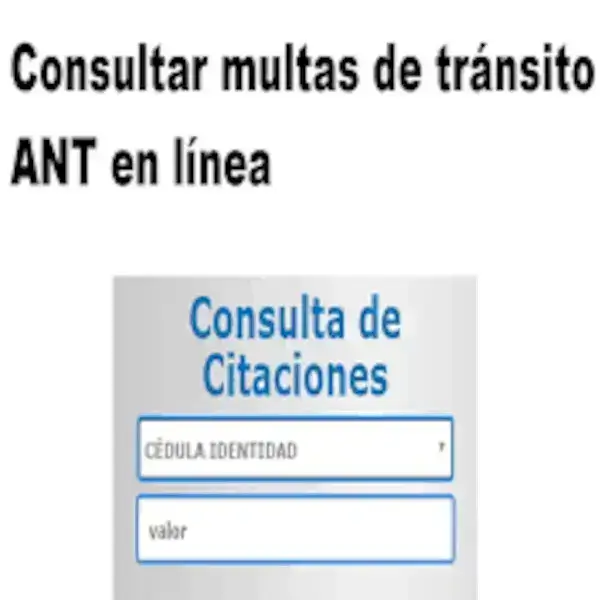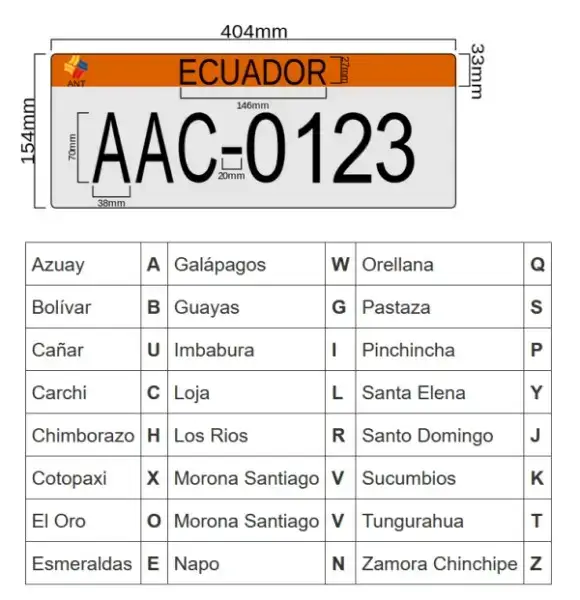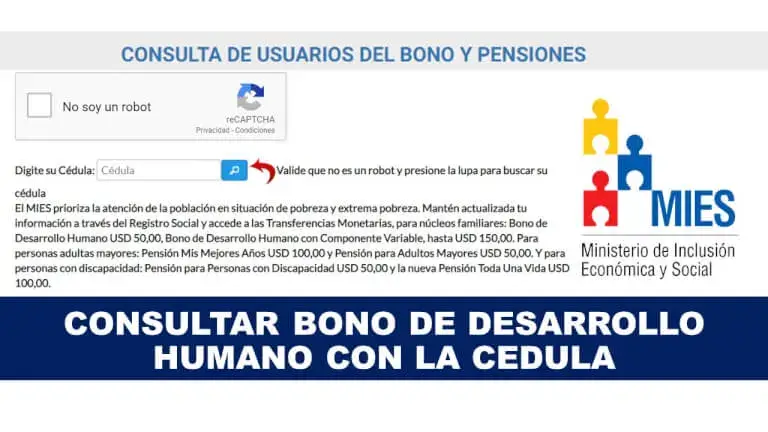The deadly new coronavirus has reached the US. Here’s how to protect yourself
(CNN)What started as a mystery virus last month in Wuhan, China, has now killed at least 17 people and infected hundreds more around the world.
In the US, the first case of Wuhan coronavirus was confirmed Tuesday in Washington state — a man in his 30s who is under observation —stoking fears of an outbreak in this country.
So what are officials doing in the US, and how can you minimize your risk?
What airports are doing
Passengers from Wuhan to the United States — either on direct or indirect flights — will soon only be allowed to land at one of the five US airports.
Read More
Three of those US airports — John F. Kennedy International Airport in New York, Los Angeles International Airport and San Francisco International Airport — are already checking those incoming passengers for symptoms such as fever, cough and trouble breathing.
By the end of this week, two more airports will screen passengers — Hartsfield-Jackson Atlanta International Airport and Chicago O’Hare International Airport.
Officials at Seattle-Tacoma International Airport put up signs at the international arrivals area instructing travelers from Wuhan to watch for symptoms of the virus. The Centers for Disease Control and Prevention started displaying the sign in English and Chinese on January 14, an airport spokesman said.


A sign at the international arrivals area of Seattle-Tacoma International Airport instructs travelers coming from Wuhan, China, to watch for symptoms of coronavirus.
But these airport screenings might not catch everyone infected. That’s because the incubation period can last a week — meaning it can take a week after getting infected before showing any symptoms.
What scientists are doing
Across the US, scientists are trying to create a vaccine for the new virus. But don’t expect it anytime soon.
The National Institutes of Health is working on one, but it will take at least a few months before clinical trials start and more than a year until a vaccine might actually become available.
Separately, scientists in Texas, New York and China are also trying to create on a vaccine, said Dr. Peter Hotez, a vaccine scientist at Baylor College of Medicine in Houston.
But the challenge is daunting.
«The lesson we’ve learned is coronavirus infections are serious and one of the newest and biggest global health threats,» Hotez said.
What you can do yourself
Avoid close contact with anyone showing symptoms of respiratory illness, such as coughing and sneezing, the World Health Organization says.
Other symptoms of this coronavirus include fever and shortness of breath. Severe cases can lead to pneumonia, kidney failure and even death.
Scientists believe this coronavirus started in another animal and then spread to humans. So health officials recommend cooking meat and eggs thoroughly.
Anyone with underlying medical conditions should avoid live animal markets and raw meats altogether, since those people are «considered at higher risk of severe disease,» the World Health Organization says says.
But, in general, the public should do «what you do every cold and flu season,» said Dr. John Wiesman, the health secretary in Washington state — where the first US case of Wuhan coronavirus was confirmed.
That includes washing your hands often with soap and water for at least 20 seconds.
If you’re the one feeling sick, cover your mouth and nose when you cough or sneeze, and disinfect the objects and surfaces you touch.
If you or your doctor suspect you might have the Wuhan coronavirus, the CDC advises wearing a surgical mask.
What could happen next
The WHO had an emergency meeting Wednesday to decide whether to declare this virus a «public health emergency of international concern.»
That designation would include global recommendations for helping stop the virus.
Such recommendations could include cross-border screening, increased surveillance or even quarantine measures for those affected, similar to quarantine rules already in place in China.
But WHO Director-General Tedros Adhanom Ghebreyesus postponed the decision.
«The decision about whether or not to declare a public health emergency of international concern is one I take extremely seriously, and one I am only prepared to make with appropriate consideration of all the evidence,» he said Wednesday evening.
«This an evolving and complex situation.»
WHO officials are expected to meet again Thursday to continue the discussion.
CNN’s Michael Nedelman, Jen Christensen, Meera Senthilingam, Steven Jiang and Elizabeth Cohen contributed to this report.














